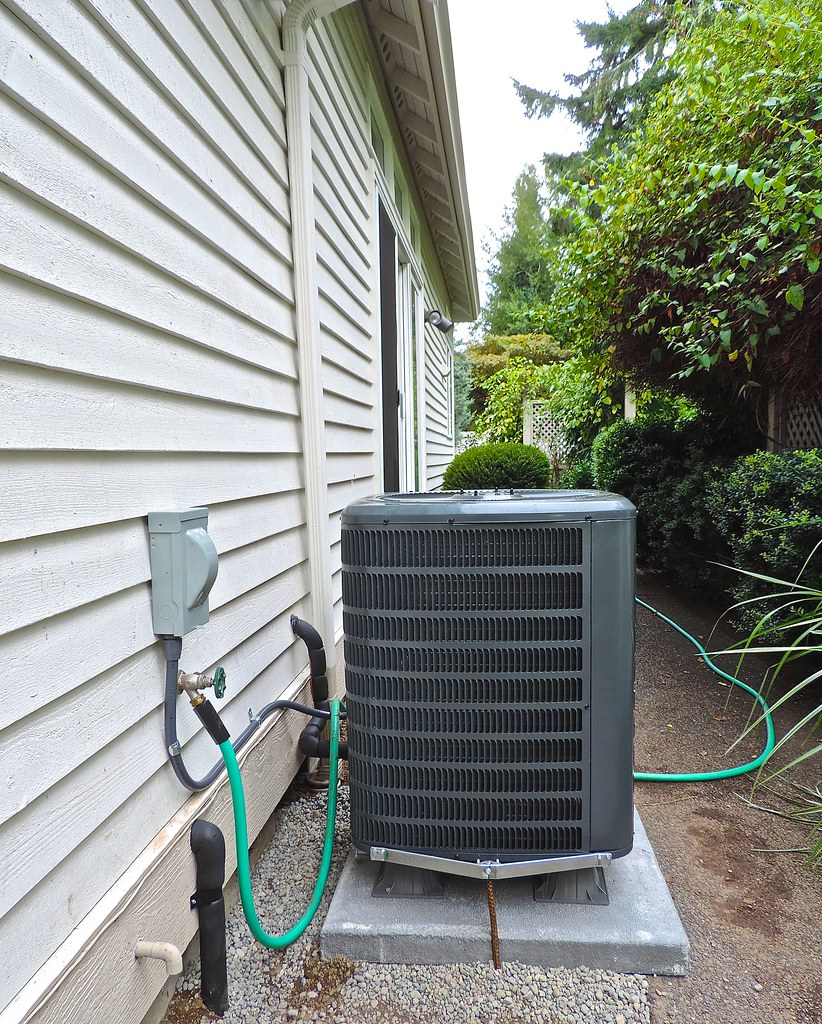Our HVAC systems are essential to the heating and cooling of our homes. These systems ensure that our homes are maintained at a comfortable and safe temperature. An HVAC system can last well over a decade with proper maintenance and care. However, no heat pump will last forever.
But how do you know when it’s time to replace your heat pump? We’re here to help. Today, we’ll examine four signs that you should invest in a new heat pump.
1. If your heat pump is nearing the end of its life span, it may be time to replace it.

Like any piece of equipment, heat pumps have a life span, too. When your HVAC system reaches the end of its life span, it’ll begin losing power and need to put out extra effort to do its job of heating and cooling your home. So in most cases, you should consider replacing your heat pump at least every 15 years. Not to mention, modern heat pumps will have more advanced digital technology and better efficiency.
2. If your indoor air quality is suffering, your heat pump may be to blame.

Though HVAC systems aren’t the only factor in your home’s indoor air quality, they do directly affect it. If your heat pump needs replacing, you may experience issues with humidity, ventilation, and foul odors. Typically older, malfunctioning heat pumps are a primary cause of poor indoor air quality.
As these units age or malfunction, mold, bacteria, and other allergens can build up in the system, which is then circulated through your home, causing increased allergies and other health concerns. If you notice any of these factors surrounding your indoor air quality, it may be time to invest in a new system.
3. Higher-than-average electric bills can indicate your heat pump is failing.

HVAC systems usually make up about half of your monthly energy bill. Therefore, your electric bill should stay fairly stable throughout the summer, with a slight increase during colder months. However, if you notice a spike in your utility bills, it may be related to your heat pump. A professional HVAC technician can inspect your heat pump to determine if it’s the cause of your high energy bill.
Some common HVAC problems that may cause this spike to include hardware problems, clogged air filters, and cracks. If your heat pump is to blame for your high energy bills, you should consider having it replaced. When you choose to replace your HVAC system, consider shopping for one that’s Energy Star certified. These models offer much better energy efficiency than older HVAC systems.
4. Strange noises and frequent repairs may mean your HVAC system is on its last legs.
Most HVAC systems make sounds during their start-up and end cycles. However, if your heat pump is making banging sounds or is much louder than expected, it could be a warning sign that it needs immediate attention. These noises can be caused by various issues, from refrigerant leaks to subpar installation.
In addition, if your HVAC system needs frequent repairs, it could indicate a more significant problem. The occasional repair is pretty standard for any heat pump. However, if you find your system constantly breaking down and needing costly repairs or notice strange, unexpected noises coming from your heat pump, you may just need a new system altogether.
Don’t wait until you’re stuck in the freezing cold. Instead, invest in a new heat pump to keep your family warm.
If you notice any of the signs we’ve listed above, don’t wait until your heat pump breaks down in the middle of a cold winter night. Instead, consider investing in a newer model that can better suit your home’s needs.

